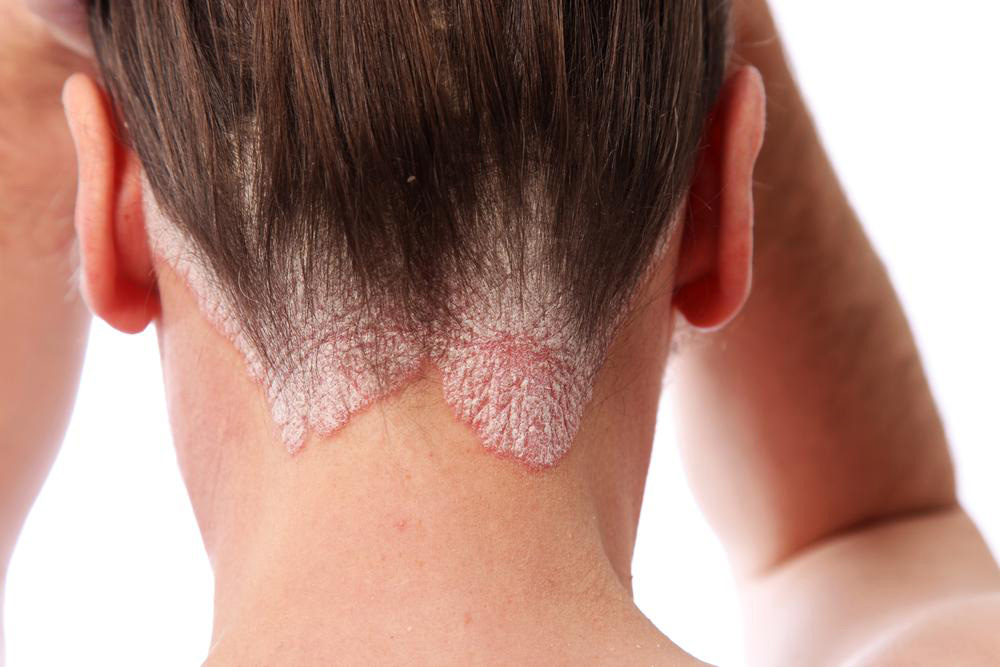Comprehensive Guide to Effectively Managing Scalp Psoriasis
This comprehensive guide provides effective strategies for managing scalp psoriasis, detailing OTC remedies, prescription options, light therapy, and lifestyle modifications. Tailored treatments and lifestyle changes play a key role in controlling symptoms and improving scalp health, making it essential for those seeking long-term relief from this common skin condition.

Comprehensive Strategies for Effectively Managing Scalp Psoriasis
Scalp psoriasis is a prevalent chronic skin condition characterized by an immune system dysfunction that accelerates the growth of skin cells on the scalp. This rapid turnover results in the formation of flaky, scaly patches, which can vary from mild redness and irritation to thick, silvery plaques that significantly affect a person’s quality of life. It is estimated that up to 50% of psoriasis cases involve the scalp, making it a common concern for many individuals worldwide.
Treating scalp psoriasis presents unique challenges due to the presence of hair, the delicate nature of the scalp skin, and the difficulty in accessing affected areas. Effectively managing this condition involves a combination of medical interventions, lifestyle modifications, and proper skin care routines. This comprehensive guide explores validated strategies, various treatment options, and practical tips to help individuals cope with scalp psoriasis and improve their skin health.
Over-the-Counter (OTC) Treatments for Immediate Relief
Many sufferers begin their treatment journey with OTC options, which can provide significant relief for mild to moderate symptoms. These products are easily accessible and can be incorporated into daily routines to alleviate discomfort and control flare-ups.
Coal Tar Shampoos: A longstanding remedy for psoriasis, coal tar works by slowing down the rapid growth of skin cells, reducing scaling, itching, and inflammation. This shampoo is effective in managing symptoms with regular use. However, the concentration of coal tar in shampoos is regulated, with 5% being the maximum allowable strength approved by the FDA. Higher concentrations may offer better efficacy but are typically only available through prescription.
Salicylic Acid Products: Often combined with coal tar, salicylic acid acts as a keratolytic agent that loosens and removes scales embedded in the scalp. It improves the effectiveness of other topical treatments and helps keep the scalp clear of thick plaques. Proper application is essential to avoid irritation or excessive dryness.
Prescription Treatments for Moderate to Severe Cases
If OTC remedies do not provide sufficient relief, dermatologist-prescribed medications can effectively control more persistent or severe scalp psoriasis. These are tailored to individual needs and may include:
Anthralin: A topical agent that reduces abnormal skin cell growth, applied once daily. It can cause skin irritation but is highly effective when used appropriately.
Calcipotriene (Vitamin D Analog): Usually formulated as an ointment or cream, calcipotriene helps regulate skin cell production and reduces inflammation when used regularly, often overnight.
Betamethasone Dipropionate: A potent topical corticosteroid combined with vitamin D, this ointment is used to significantly decrease inflammation, redness, and scaling with careful monitoring to avoid side effects.
Tazarotene: A topical retinoid in gel, foam, or cream form that modulates skin cell proliferation and differentiation, helping to manage stubborn plaques.
In cases where topical therapies fall short, healthcare providers may prescribe systemic treatments such as oral immunosuppressants or biologic agents like adalimumab (Humira), which target the immune response that drives psoriasis.
Light Therapy (Phototherapy) for Effective Symptom Reduction
Phototherapy involves exposing the affected scalp to controlled ultraviolet (UV) light to slow down skin cell growth and reduce inflammation. Several formats exist, including narrowband UVB therapy administered in clinics or through home units under professional supervision. It’s essential to consult a dermatologist before starting light therapy, as improper use can cause burns or skin damage but when used correctly, it is an effective way to manage moderate to severe scalp psoriasis.
Alternative and Lifestyle Strategies to Complement Medical Treatments
In addition to medications, certain lifestyle modifications can significantly improve management outcomes and enhance overall scalp health:
Moisturizing: Regularly applying hydrating masks or oil-based treatments like coconut oil or aloe vera gel can soothe the scalp, reduce dryness, and minimize itching.
Hair Care Routine: Keeping hair short, clean, and free of excess product buildup facilitates better medication penetration and minimizes irritation.
Stress Management and Diet: Since stress can trigger flare-ups, incorporating relaxation techniques, exercise, and a balanced diet rich in omega-3 fatty acids and antioxidants supports skin health and reduces inflammation.
Scalp Psoriasis in Children and Infants
Although less common, scalp psoriasis can also affect children and infants, usually presenting as mild patches of scaling and redness. Treatment strategies for pediatric cases prioritize gentle and safe options, including mild shampoos and topical steroids or natural remedies. Severe cases should be addressed with pediatric dermatological consultation to ensure safe and effective care.
Long-Term Management and Prevention
Controlling scalp psoriasis requires consistent treatment adherence, regular follow-ups with dermatologists, and a proactive approach to lifestyle choices. Maintaining a healthy diet, avoiding known triggers such as stress or certain medications, and protecting the scalp from harsh weather conditions can prevent flare-ups. Moreover, staying vigilant with skin care routines and early intervention at signs of worsening symptoms can help mitigate the severity and duration of flare-ups.
In conclusion, managing scalp psoriasis involves a comprehensive approach that integrates medical treatments, lifestyle modifications, and ongoing professional support. Understanding the available options and customizing the treatment plan to individual needs can lead to significantly improved quality of life and better skin health.





